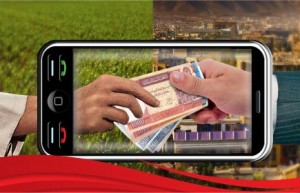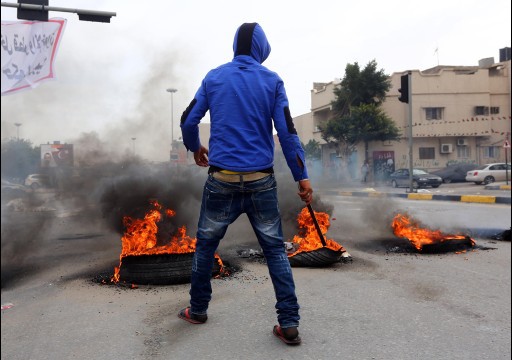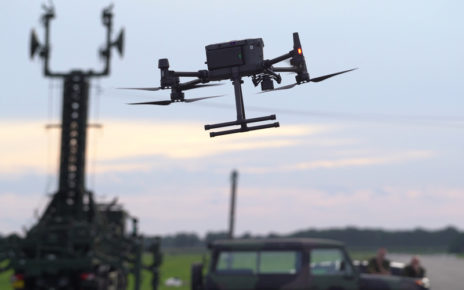There has been talk that ISAF troops (International Security Assistance Force) are withdrawing from Afghanistan by 2014. There has been counter talk that this will not be possible. Eventually, however, Afghanistan will one day have to become self sustaining; but waiting for the withdrawal of troops to embark on this process maybe too late. A contributing solution to Afghanistan’s recovery may be private enterprise, and the building of businesses and infrastructure. One success story in this endeavour is the telecommunications business Roshan.
When I came to Canada I was shocked at the exorbitant rates charged by the leading mobile phone provider, Rogers. (So too perhaps, are several Canadians, seen in the growing popularity of WIND mobile network). I was further surprised that despite it being a “first world country” mobile phone usage was not as widespread as in some developing countries. 74% of the population in Canada use cellular phones, which is the same figure for Kenya, a LEDC. Later, it was pointed out to me that Canada has a much higher proportion of functioning land lines. In developing countries therefore, the latest technology has allowed countries to “skip” some of these developmental landmarks, like landlines, and mobile phones seem to be playing an ever growing role in many areas. In India about half the population of 1.2 billion residents are mobile subscribers, but only 366 million people, about one-third, have access to toilets. In 2008, 98% of Venezuela’s population were using mobile phones.
When one thinks of citizens in a war torn zone, it is very hard to conceptualise what their needs may be. For example, who would have thought they would have the need or demand for “luxury goods” such as cell phones? As of 2009, there were 18 million GSM mobile phone subscribers in Afghanistan provided through the leading telecom companies like Etisalat, Roshan, Afghan Wireless and MTN . Harnessing the power of mobile technology, and other such niche markets that have become the backbone of society could be the catalyst to reconstruction and economic development
Cellular phones in Afghanistan have been instrumental in the country in many significant ways. Firstly, they have supported existing businesses and helped entrepreneurs build new businesses. By connecting Afghans to one another through mobile technology, a new, consistent economy has been born. Before the introduction of mobile phones, farmers did not know how to price their crops in relation to farms a few hundred metres away, leading to inconsistent pricing, budgeting problems for customers, and food insecurity. Now, with the use of cell phones, they are able to simply call partners or competitors to ensure that their goods are competitively and appropriately priced.
It has also helped boost new businesses. An earlier economic banking crash in Afghanistan had led to many citizens’ losing everything. They became wary of banks and kept their money under their pillows- a huge setback for the economy. Here, Roshan spotted an opportunity. Inspired by the mobile money system M-Pesa that began in Kenya, Roshan launched M-Pasia. This new technology allowed customers to send and receive payments, pay bills, and disburse and repay microfinance loans, directly from their mobile phones, gaining the reputation as the safest, fastest and most trustworthy way to handle money.
M-Paisa’s beneficial effects were felt country wide. Through M-Paisa, people in Afghanistan are able to receive Western Union Mobile Transfer transactions. Western Union is a money transfer company that has a presence all over the world, and as a result people in Afghanistan are able to receive money from their families around the world directly into their M-Paisa accounts. This is beneficial to any country whose economy depends even slightly on income from their diaspora. Furthermore, the network spans across 230 cities and towns in all of Afghanistan’s 34 provinces. This means it is able to provide an essential service to 97% of people living in remote areas where there are no bank institutions present and where previously there was no access to monetary services.
[captionpix align=”left” theme=”elegant” width=”320″ imgsrc=” http://natoassociation.ca/wp-content/uploads/2013/08/afghanistan-policeman-salary.jpg
Products such as M-Paisa are also supporting public institutions and civic responsibility. To date Roshan has paid some USD $350 million in taxes and invested $550 million in infrastructure and generates 6% of the country’s GDP. Through M-Paisa, the Afghan National Police now receive their monthly salaries via mobile phone. Before mobile money, the intermediaries responsible for transferring these salaries pocketed up to 30 percent of a police officer’s salary. It is possible that since police officers can actually receive their rightful salaries, they may be motivated to fully carry out their mandate of public safety, and aim for increased transparency in Afghanistan.
There is no doubt that doing business in any under-developed country at war is difficult, to say the least. An example of this is how when tanks drive past an area, they scramble the reception service so the opposition doesn’t know they are coming – this in turn affects the mobile phone reception. It is for this reason that when NATO members send aid to Afghanistan, they look to partner with organisations and companies that are on the ground and aware of the needs of the Afghan people. Roshan again proves itself to be one such organisation where, for example, M-Paisa is offered through an Interactive Voice Response (IVR) system in 3 languages: Dari, Pashto and English, an important feature in Afghanistan as 70% of the population is illiterate. These are the methods most likely to rebuild Afghanistan, by employing its population and by improving the country’s infrastructure.
While the country may not use their cell phones they way NATO citizens do – for BBM, Whatsapp, or iMessage; or for emails, business calls, and Google: they are still a vital part of Afghanistan’s society. It is said the success of the iPad lay in pointing out to customers a need that they didn’t even know they had. In the same way, though one may have thought that a war torn country may have no need for cellular phones, Roshan has exploited and developed a need Afghans didn’t even know they had. In doing so they have perhaps also uncovered a path to furthering Afghanistan’s economic recovery. Though prospects in a country ravaged by war look bleak, I am reminded of a childhood story:
Two men went to an island to sell shoes. One man wrote home “I’m coming home. No one wears shoes on the Island, there is no point.” The second wrote back “Great news. None of them wear shoes. I have tonnes of people to sell to.”
The very existence of Afghanistan’s underdevelopment makes it the place where economic growth will be most rapid, either through industries that can survive during war, like candy bars, or through industries that can come into play when the country is finally stable. Although pessimist will point out that very rapid growth can sometimes be unsustainable, an optimist would say there is hope for Afghanistan yet, for those that can see an opportunity where the rest of the world is seeing destruction.




